kawandama charcoal comes from OUR OWN plantation wood, made sustainably, sold locally & can be bought with a clear conscience.
Kawandama Hills was the first company to be given a sustainable charcoal licence to produce and retail legal charcoal in Malawi. After years of lobbying against deforestation, the Department of Forestry issued KHP with a licence in 2015.
Many countries worldwide use charcoal (or coal) as a key source of fuel, but Malawi relies too heavily on firewood and charcoal. They are the main sources of energy for Malawians and are used predominantly to cook with and for household heating. But this is now the primary cause of Malawi’s deforestation crisis. Over 40% of Malawi’s forests have disappeared in just 10 years. Because only 10% of Malawians have access to on-grid energy, and populations continue to rise, this problem is only getting worse. Cutting down trees leads to soil erosion, poor water retention in land and can greatly affect crop yields. Climate change is also causing deeper, more prolonged droughts. This means food shortage crises. Keeping what remains of Malawi’s indigenous trees is vital to help curb greater poverty in the years to come. That means the fuel 90% of Malawian households and local industry rely on needs to come from sustainable sources.
Kawandama Hills trees are sustainable.
We have planted over 6million trees in 13 years, using the leaves for an essential oils export business and the wood for charcoal. The Corymbia citriodora tree can be coppiced (cut) every four years at the trunk where they resprout, and the main bole of the tree makes a dense charcoal that burns very well. This harvesting cycle continues for 30+ years and it is this unique aspect of C.citriodora that makes it sustainable.
Charcoal is generally made very inefficiently by the illegal producers who cut down the indigenous trees which take 50-100 years to grow (and never grow back!). But at Kawandama Hills, our plantation trees are loaded into efficient bee-hive mud brick kilns for making sustainable charcoal. We load 800kg of a similar size logs into each of our 40 kilns, filling them to the brim and rebrick and seal the doorways. The fire is lit inside them. Small holes allow oxygen to be sucked in keeping the fire alight and very hot – over 400 degrees. Black smoke flows out of these holes but eventually turns white, usually after two days, which means the carbonization process has taken place. The kilns are then starved of oxygen to stop the combustion process and the tree logs are left for one day to cool down. On the fourth day the charcoal removal, weighing and packaging ritual begins. Each of the 40 kilns can produce 270kg of high quality, dense charcoal in every four day cycle. Charcoal that burns hot and smokes less making it the premium choice for fire-based cooking.
Our premium 5kg bags of charcoal
Our 15kg bags
Our charcoal can be purchased at our shipping container outlets in Lilongwe and Mzuzu and is retailed at Chipiku and Shoprite nationally. We also sell at farm gate prices and loose ton quantities direct from our Viphya plantation.
NEXT UP: PALLET BRIQUETTE MAKING FROM OIL EXTRACTION BIOMASS
Our next endeavour is to venture into the recycled pellet, briquette or compressed log markets. After steam distilling our lemon eucalyptus leaves for the essential oil we export, there is tons and tons of spent biomass - the leaves and stems - leftover. With on-grid energy, we could mulch and compress this into recycled logs, briquettes or even pallets for increased fuel alternatives for Malawian cooking needs. To do this, we need investment. Over the last five years, KHP has collaborated with many players, from aid agencies such as UN and USAID, to the government and local businesses. We want to continue to grow fuel wood responsibly and provide an example of how a sustainable model can be developed - using a cash crop, producing valuable oils from the leaves, and having no waste. We are interested in the carbon credit market and are open to collaborations to help Malawi’s fuel crisis and make our company a zero-carbon profitable example for others to follow.
Email sales@cplmalawi.com for sustainable charcoal orders or tanya.clarke@cplmalawi.com for partnership enquiries.














